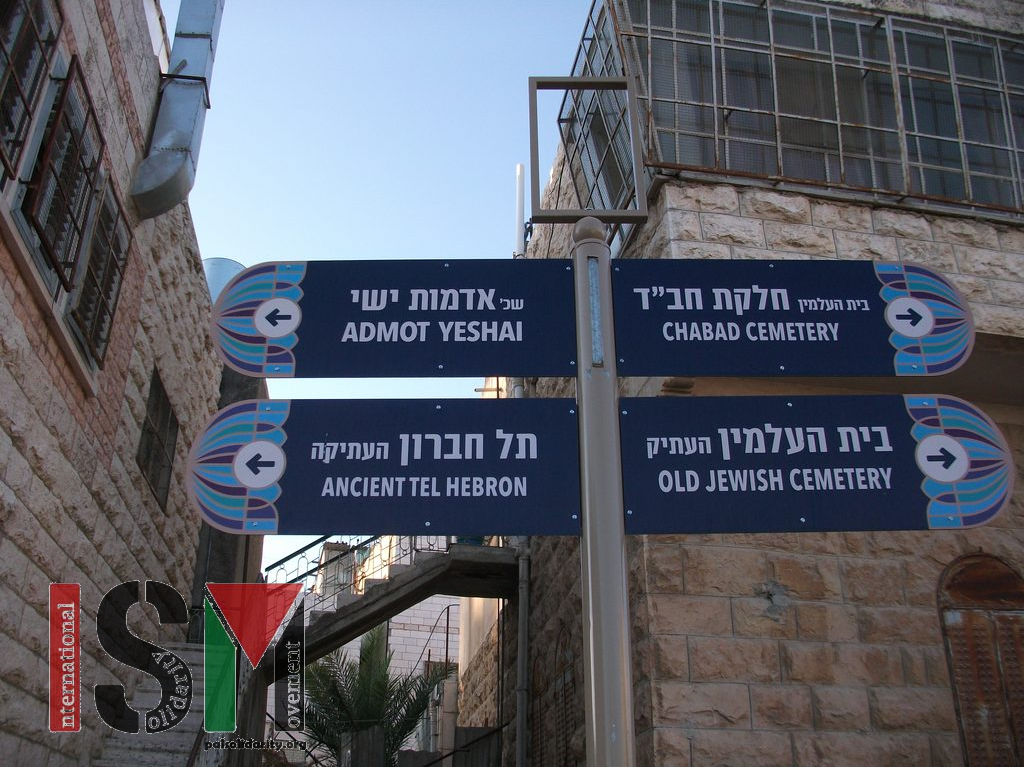Category: Hebron
-
After a good day comes a bad day
8th December 2016 | International Solidarity Movement, al-Khalil team | Hebron, occupied Palestine On 7th December 2016, Israeli forces at Shuhada checkpoint in occupied al-Khalil (Hebron) detained a group of teachers from nearby Qurtuba school, and then in collective punishment closed the checkpoint to everyone. Just after the teachers were finally allowed to reach their…
-
Join now: ISM-Training in England!
6th December 2016 | International Solidarity Movement, England support group | England ISM-England is offering a training for interested ISM-volunteers in Sheffield on 18th and 19th of February ! If you’re interested in joining the team on the ground in Palestine, make sure to reserve the date and join the training. Any volunteer is required…
-
New checkpoints, access control-buildings and street-signs in the historical center of Hebron
6th December 2016 | International Solidarity Movement, al-Khalil team | Hebron, occupied Palestine As for colonial Israel, nothing happens without a reason. Periods of extreme violence are followed by relative calm periods with more intense colonial construction activities and preparations for the next facts on the ground. Palestinian daily life is inhumanly restricted by the…



